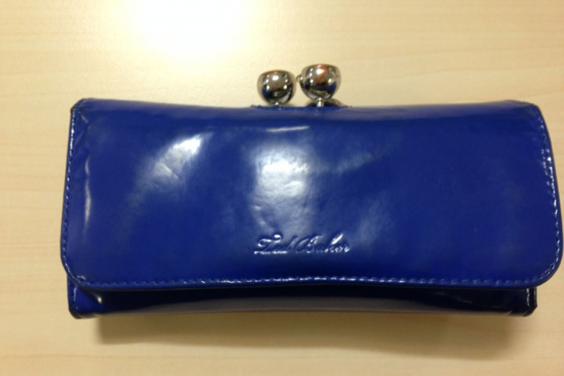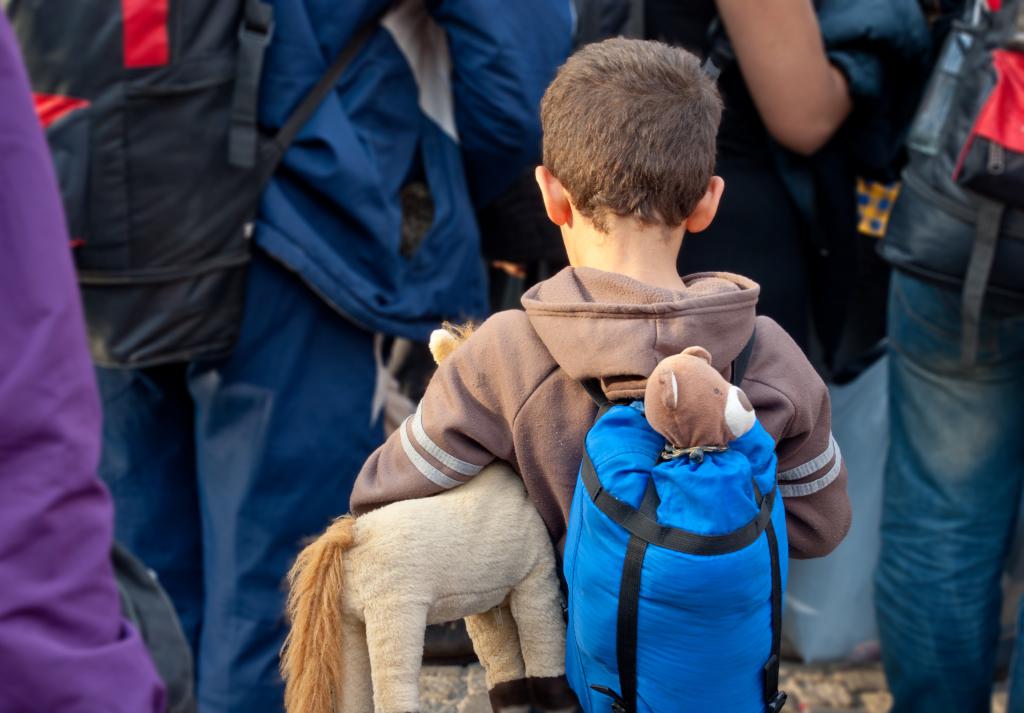According to the Sociologist, young Arabs look at Ankara “as a political model to follow. Its strength is that it reduces the latent conflict between the so-called East and so-called West”
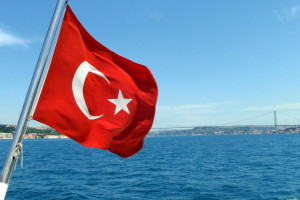 While the so-called Arab Spring exploded, wreaking havoc in North Africa, and opening up a possibility of democratizing the region, Europe stood by watching, incapable of influencing a process in which they actually could have had a significant role. Khaled Fouad Allam, who teaches Sociology of the Muslim world at the University of Trieste, doesn’t think this situation can easily change because he is convinced that until they “will be able to think for themselves,” Europe will never be able to play an international role, even regarding the closest neighbor countries. And there are already those who are taking advantage of this situation.
While the so-called Arab Spring exploded, wreaking havoc in North Africa, and opening up a possibility of democratizing the region, Europe stood by watching, incapable of influencing a process in which they actually could have had a significant role. Khaled Fouad Allam, who teaches Sociology of the Muslim world at the University of Trieste, doesn’t think this situation can easily change because he is convinced that until they “will be able to think for themselves,” Europe will never be able to play an international role, even regarding the closest neighbor countries. And there are already those who are taking advantage of this situation.
How has Europe confronted the ‘Arab Spring’ phenomenon?
“More than 2 years ago the revolt began. Already at that time Europe’s complete weakness was clear regarding Euro-Mediterranean policy relations, never following through. Between north and south in the Mediterranean a certain symbolic border was created, a peripheral.”
What should they do?
“Europe in the current crisis can’t even take care of itself, as a system, a supranational political organization; it seems difficult for me to be able to think beyond this, particularly regarding the Mediterranean shores. It is a paradox because there are historical relations between Europe and Islam and the Arab world.”
What is the cause of this ‘lack of communication’?
“The question of Islam is that of the population growth of Arab countries upsets European public opinion and all the balance that would really allow the possibility of creating a Euro-Mediterranean model. This is why I don’t see the possibility of Europe being a key player. If we look at the Arab world between the new generation and the new class of leaders it is obvious that there are other players, particularly Turkey, in spite of the crisis they are undergoing. And simultaneously Europe begins to pull back from the political perspective.
Could Turkey benefit from this void?
“They already are. I teach at the University in Casablanca and I realize the youth are looking at Turkey as a political role model to follow.”
Why Turkey?
“For them it reduces the latent conflict between the so-called East and so-called West. Europe however didn’t know how to use the Arab minority in their own countries to interface. Everything is treated as urgent and not as
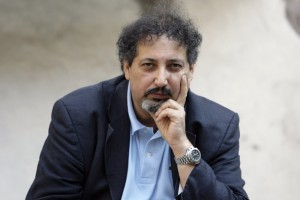
planned.”
So they have not been able to confront the Islamic ‘identity’?
“The Islamic minorities are already inside and are substantial, think about the Balkans. But in Europe there is a strong suppression of all of this. So today it is easier to request to build a nuclear power plant than to build a mosque. It is an incredible paradox in the homeland of human rights.”
Alfonso Bianchi
The interview took place during the Comodamente Festival at Vittorio Veneto
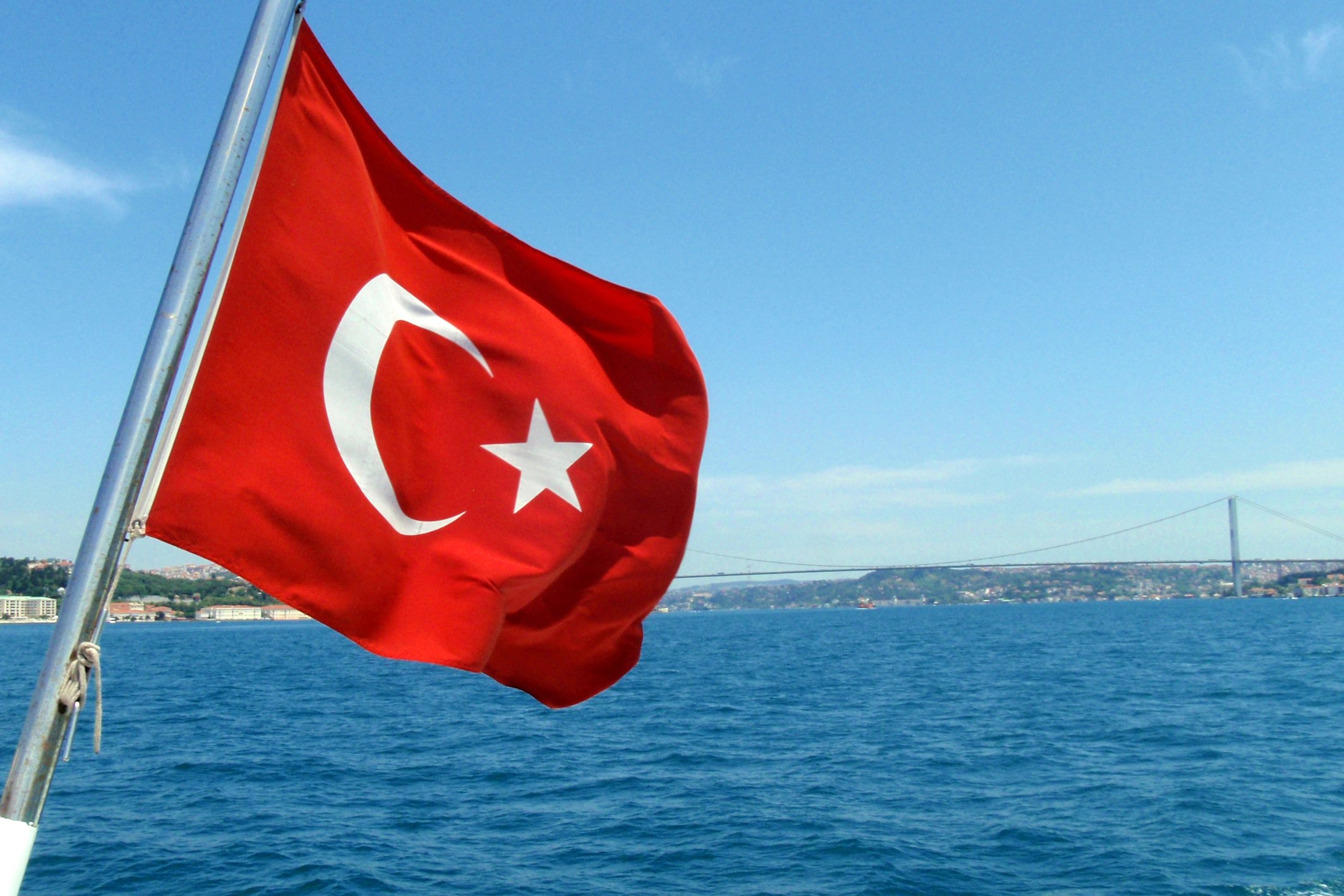


![La bandiera della Regione Lombardia [foto: Wikimedia Commons]](https://www.eunews.it/wp-content/uploads/2022/09/lombardia.png)
